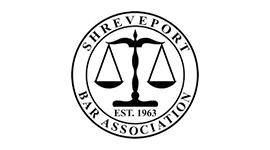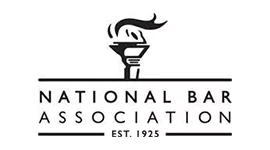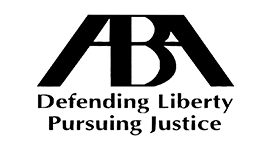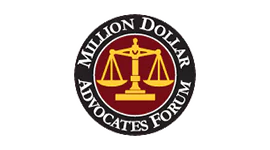Can you block the prosecution’s evidence in your case?
Can you block the prosecution’s evidence in your case?

Drug charges can have a massive impact on your life. Mere allegations can damage your reputation, but if you end up convicted, you could lose your job, your housing and your freedom. Your future may be dampened, too, as you may struggle to secure employment and housing even after you’ve done with all of the formal penalties that the criminal justice system has dealt you.
With so much on the line, you owe it to yourself to build the strongest criminal defense possible. This means thoroughly analyzing the facts at hand, figuring out how to protect your rights, and aggressively pushing back against the prosecution’s arguments. But how do you go about doing that? One way is to try to suppress the incriminating evidence that the prosecution intends to present against you.
What is evidence suppression?
In short, evidence suppression is where you argue that the evidence that’s being presented against you is tainted or otherwise unfair and it should therefore be deemed inadmissible at trial. If you’re successful in suppressing evidence, you can blast a hole in the prosecution’s case, dramatically increasing the likelihood that you’ll be able to obtain dismissed charges or an acquittal.
When can evidence be suppressed?
There are several justifiable reasons that warrant evidence suppression. Here are some of them:
- Illegally obtained evidence: If the police obtain evidence in a way that violates the law, that evidence will be considered tainted with illegality and will thus be deemed inadmissible. This is regardless of how incriminating the evidence is. This is most often seen in the context of an illegally conducted traffic stop that then results in the search of your vehicle and the seizure of narcotics from within it.
- Improper evidence collection and storage: When the prosecution admits evidence at trial, it has to provide reasonable assurances that the evidence is what they purport it to be. But if the evidence was mishandled in some way, whether through improper collection or haphazard storage, you may be able to argue that the evidence is unreliable and thus inadmissible.
- Failure to appear at depositions: One way to discover what the prosecution intends to present against you is to depose their witnesses. This is the process where you take their sworn testimony outside of court and before trial. But if the prosecution’s witnesses fail to show up despite being subpoenaed to do so, you can file a motion with the court requesting that they be barred from testifying against you.
- Failure to notify you of your Miranda rights: You have a number of protections when you’re under suspicion of criminal wrongdoing. One of them is to be notified of your rights when you’re being subjected to custodial interrogation. If the police don’t advise you of these rights and you make incriminating statements, you may be able to block the prosecution from using those statements against you, even if it’s a full-blown confession.
There may be other ways to prevent the prosecution from presenting damaging evidence against you in your case. You just have to know the law, how it applies to your case and how to use it to your advantage.
An advocate may be able to help you beat the prosecution
Although there are no guarantees in the legal arena, you can best position yourself in your criminal case by having a command of the facts, the law and the rules of evidence and trial procedure. An attorney who is well-versed in this area of the law may be able to help you in that regard, which is why if you’re under investigation or have already been charged, you might want to think about reaching out to a legal team that you will aggressively advocate on your behalf.
High-Quality Legal Services You Can Rely On
Call Us Today
318-746-5997Our Award-Winning Attorney













